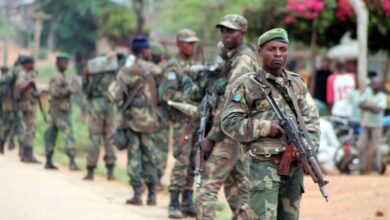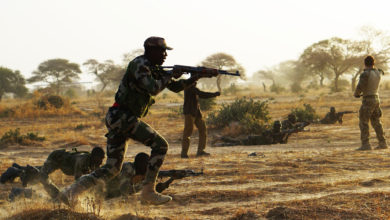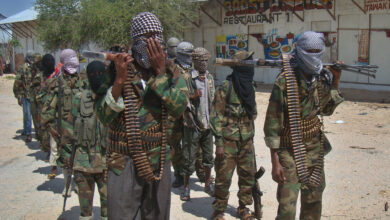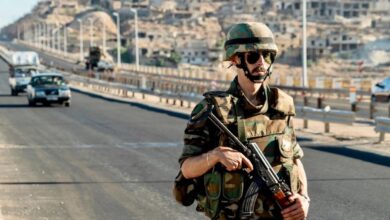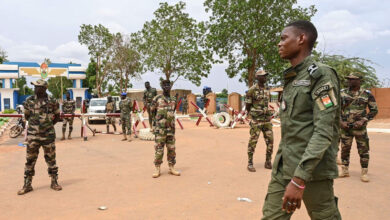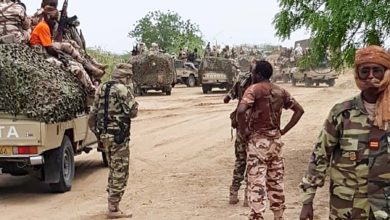Residents of the northeastern Nigerian city Maiduguri have been struggling with a power blackout for a week after jihadists blew up supply lines, causing water shortages and disrupting businesses and daily life.
The attack was the third time in a month that the IS-linked Islamic State West Africa Province (ISWAP) group have plunged the city of three million into darkness for days by blowing up transmission lines.
Maiduguri’s latest troubles came as President Muhammadu Buhari replaced his top four military commanders, in a sudden overhaul after months of criticism over the handling of the country’s decade-long insurgency.
Maiduguri, capital of Borno state, has been without power since January 26 after the jihadists blew up a power grid just outside the city, according to residents and sources at the power company.
Bukar Musa, a welder, has seen his business crippled by the power outage, forcing him to look for menial jobs to feed his wife and three children.
“It has been a whole week without a light in the city which has grounded my welding job,” the 27-year-old told AFP. “I have now turned to a laborer, assisting a bricklayer for a fraction of what I make as a welder, which is inadequate to feed my family,” Musa said.
He would usually earn the equivalent of around $6.60 (about 5.5 euros) per day at his workshop. Now, though, he makes around $4 working on building sites, spending a good part of the daily wage on medication for body pains from the labor, he said.
Grema Umar’s ice-block vending business has also crumbled, forcing him to contemplate begging to feed himself. “I have nothing left, even if power is restored I will have to raise another capital and I don’t know how,” Umar said.
Water Lines
Even water has become scarce in the city, which relies heavily on motorized boreholes that require electric power to operate. Many households have shut down their boreholes which supply them and their neighbors due to the high cost of diesel to power them, several residents said.
Long queues have appeared at the few boreholes supplying water, as residents line up with pails and jerry cans.
“The major problem is water scarcity which has hit the city, making it expensive,” said Hajara Abdulkarim. The price of a 25-liter (6.6-gallon) jerry can of water has more than tripled, to 25 naira up from seven naira previously, said Abdulkarim, a mother of five.

Maiduguri is also home to several internally displaced persons (IDP) camps for people forced to flee their homes by military operations against the jihadists.
For now, the outage has not affected the camps, which are lit by solar power installed by charities.
The power company said in a statement that it was working “to fix the faulty line and transmit bulk power to our network for onward distribution to end-users.”
ISWAP and rival Boko Haram jihadist group often target infrastructure, blowing up telecom and power lines in the northeast.
Militants also often target army patrols, making the roads in the northeast of the country risky for civilians as well as repair crews from the power company.
Nigeria’s jihadist insurgency began in 2009. The conflict has since killed around 36,000 people and displaced around two million from their homes.


